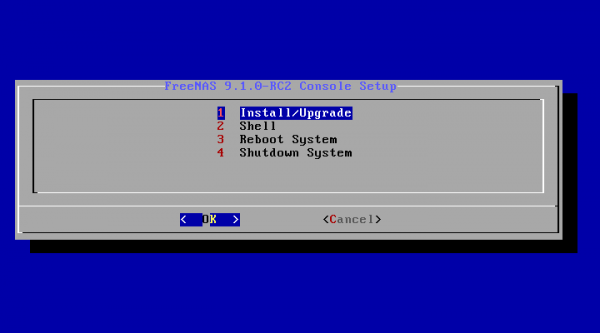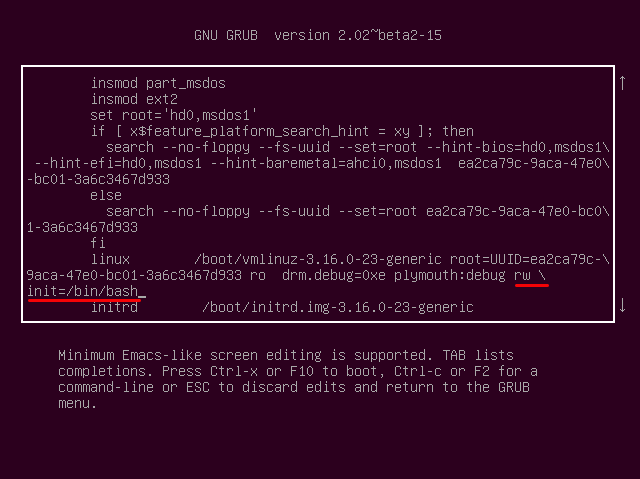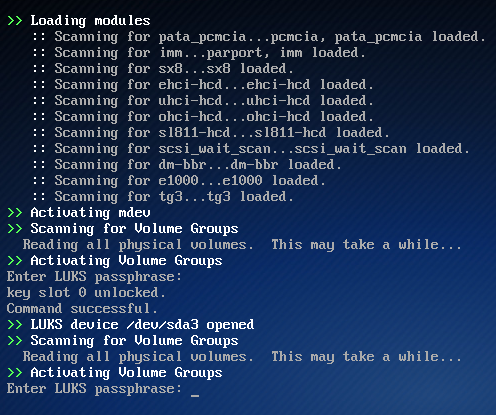A point I’ve been trying to convey about the Linux desktop through my reviews and tutorials is that distribution developers are doing a bad job of giving users all the goodness of what’s available in Linux and GNU software in a manner where the system just works.
So that in most cases, users get a system that, from a broad perspective, looks good, but disappoints when put through the paces. In some cases, in line with the ideology and philosophical stance of the developers, users get a bare-bone system that takes a lot of effort to use.
In Developers: Give us sane and sensible default system and application settings, I pointed out a few of the mistakes that distribution developers are making. And that article followed I quit using Linux because…, which is a direct response to an article by Denis Koryavov, a former GUI Development Lead for ROSA Laboratory, the publisher of the ROSA line of Linux distributions.
In his article, Denis wrote that in terms of usability, “GNU/Linux distros are still not rivals for the MacOS X and Microsoft Windows on desktops and laptops.” My response to that has nothing to do with whether he’s right or wrong, but that he failed to do something about that as the GUI Development Lead for ROSA Laboratory.
If I criticize something, I don’t do so just to mock or deride, but in a constructive manner. So I not only say that something is bad, or not good, but here’s how to make it better. I also like to listen to people that critique what I do. If they have a valid point, I take that into consideration and make the necessary adjustments. Otherwise, I just ignore them.
That’s why I’m keeping track of what Denis has to say about the Linux desktop and why I encourage others to do the same. Especially distribution developers. If he makes a good point, we should take it into consideration. Else, we just ignore him.
Writing about usability and user-friendliness in his latest article on this subject, Denis wrote that:
This is a difference between “user friendly” and “usability”: “user friendly” it is always “personal” characteristic (how operating system is satisfies to the your requirements) when “usability” is a common word which means how easy people can use an operating system. Please look at this difference.
If you will look at it carefully you will see an obvious corollary: having regard the fact that we have several billions of users it is practically impossible to create an “user friendly” operating system for all of them (maximum that you can do here – to make an OS for some group of people, for example – for system administrators), but we can create an “usable” operating system (operating system which all of them could use).
He makes a somewhat valid point, but he’s attempting to draw a hard boundary between usability and user-friendliness, forgetting that one derives from the other. If you build a “usable” system, people will tend to say that it is “user-friendly,” regardless of the technical capabilities of the users.
He does make some very valid points. Here’s one of them:
As a result of this politic of KDE Team I can cite one very significant example: some time ago (in 2010) we had experiment in Russian schools – we tried to migrate all schools in one very big Russian town (more than million of people) to a distro based on Plasma Desktop (KDE). The project had to be abandoned because students and teachers were confused by its various settings.
You may read the rest at Why GNU/Linux distros are still not rivals for OS X and Windows on desktops.








I must agree, though not a ‘gamer’ I do love the analytical side, development, solving the “how can we do this, and make it solid” .. Linux fits the bill. Whether you are in a distributed environment, working clusters, robotics or whatever …. Linux is the clear choice .. [I do miss Borlands Linux offerings] the power in the tools available is phenomenal … Windows just can not compare.
I agree with @Mike Frett at the state of Linux in 2013. E.g The graphics drivers (thanks to valve) have seen tremendous development in last two years. I still remember in 2011, I had to actually turn off the power management (acpi) to boot into Linux. Today I am mostly arguing about which game should I buy and play next week. Intel graphics are still not as good as those of windows, but they have long surpassed that of Macs. When I am talking about windows vs Linux Intel drivers, I am talking about propitiatory Intel drivers verses open source drivers. I thought I would never see open source drivers on this level. It is simply amazing. Which means, non-gamers should not worry about how their desktop is going to perform anymore.
When we talk about Linux, most of the communication stops at Microsoft Office and Adobe Photoshop. Since I am neither an office worker or a graphics artist, I have no need for them. Even if we have to leave the guys who live on these software, thanks to web based software and thousands of awesome Linux software, there are many of us who have more than enough software on Linux. Even for casual gamer like me, there are more than enough games to keep me occupied.
If you’ve ever installed Windows from a retail disk, it’s complately bare and unusable. By default Linux has more applications on a base install.
Being a complete newbie, I made a permanent switch to Linux in October 2012. I switched to Xubuntu and have yet to find anything lacking. The Software Center, where I can both BUY and get for FREE, various Games and applications, was a selling point for me and made the ease of switching barable. It also allowed me to gradually learn other ways of getting the apps I needed.
I’ve since installed Xubuntu for my brother who is a Gamer. He has yet to complain about any lack of Games to play. I’m sorry but in 2013, Linux is ready for the desktop.
I used Windows for about 15 years, I should know if Linux is ready or not. I had zero issues finding replacements for Games and Apps I used in Windows. Not to mention, no more clumbsy drivers to install. True Plug and Play, something Microsoft never accomplished.
Unlike Windows, I found I wasn’t stuck with the boring UI that Microsoft wanted me to have. I could customize to my hearts content.
I’m glad I switched. Especially now knowing the NSA has a built-in Trojan. You would have to be completely insane to use Windows in 2013. You might as well let in all the Malware if you are going to use Windows. And businesses, after the events a few months ago of the NSA stealing data from Companies, you are risking your Business and your Customers trust by using Windows.
No, maybe in 2010 Linux wasn’t quite ready. But in 2013 It’s more than capable. If you think it’s not, I’ve got real world users I’ve helped switch that will disagree.
I agree; but for a few games, I would be using Ubuntu exclusively. The only games left that keep me from switching entirely are the games that are difficult or impossible to run ( well ) on Linux based OSs; Starcraft II, Empire Earth ( <- Best. Historical RTS. Of all time. ), Borderlands. Those are literally the three games. Anything else ( that I play ) is on Linux, and developing is SO much better. I can't believe anybody develops on Windows for anything but Windows exclusive apps.